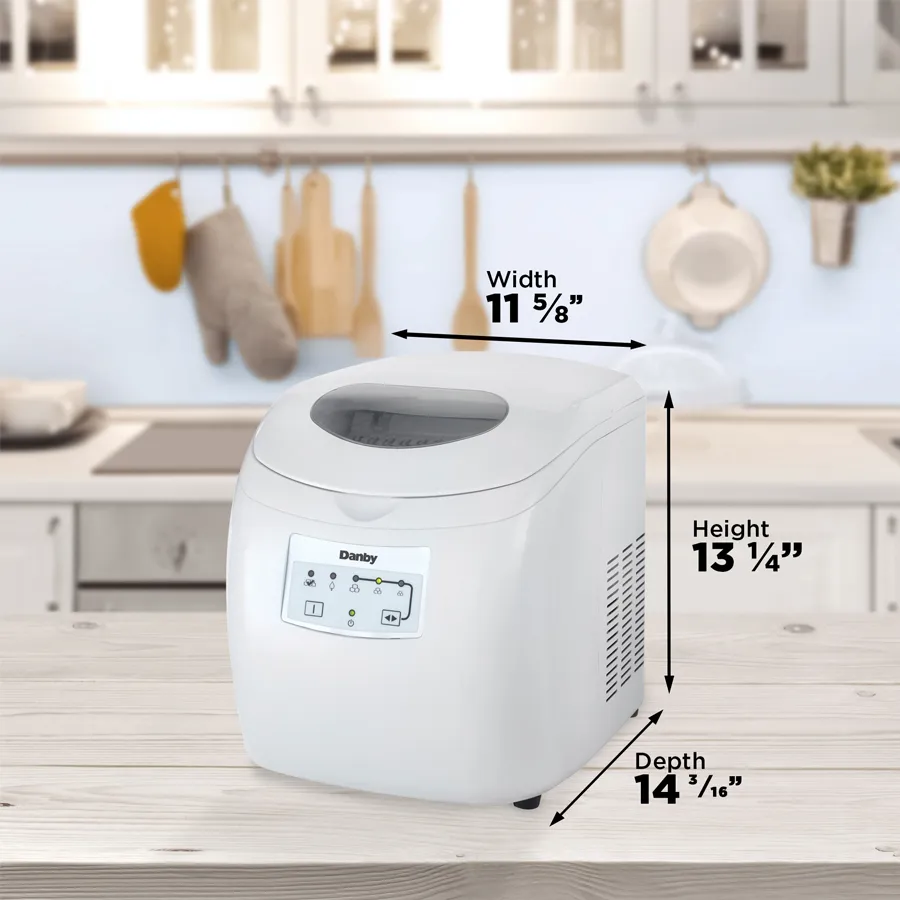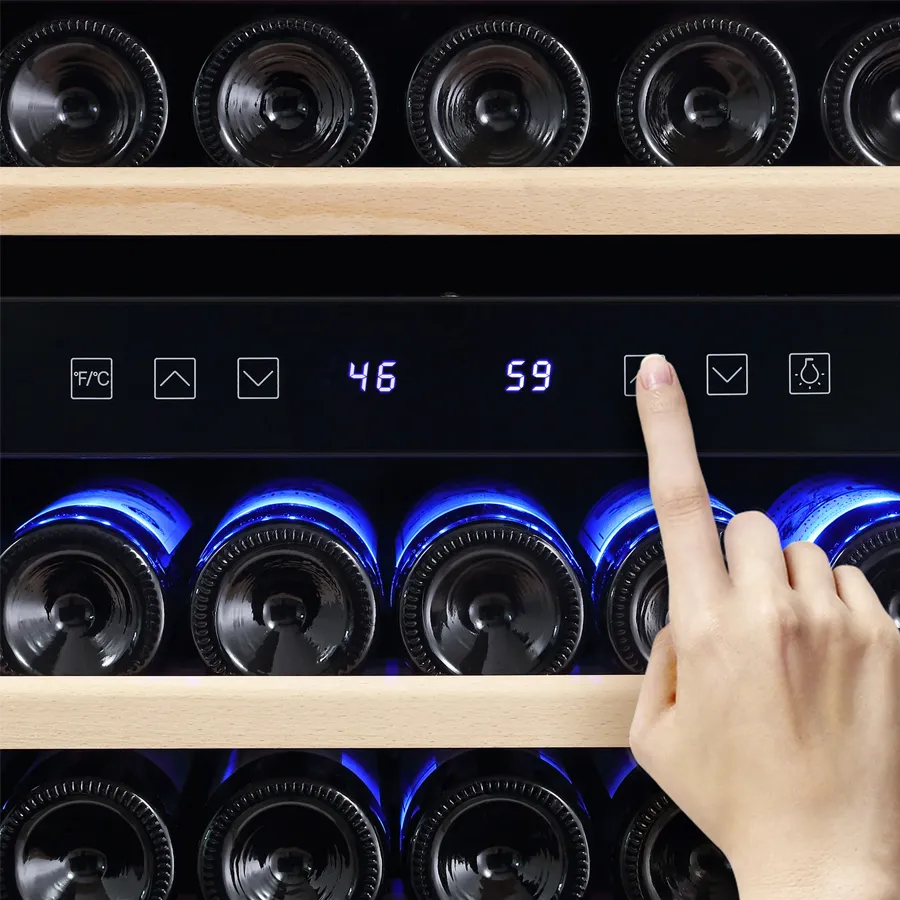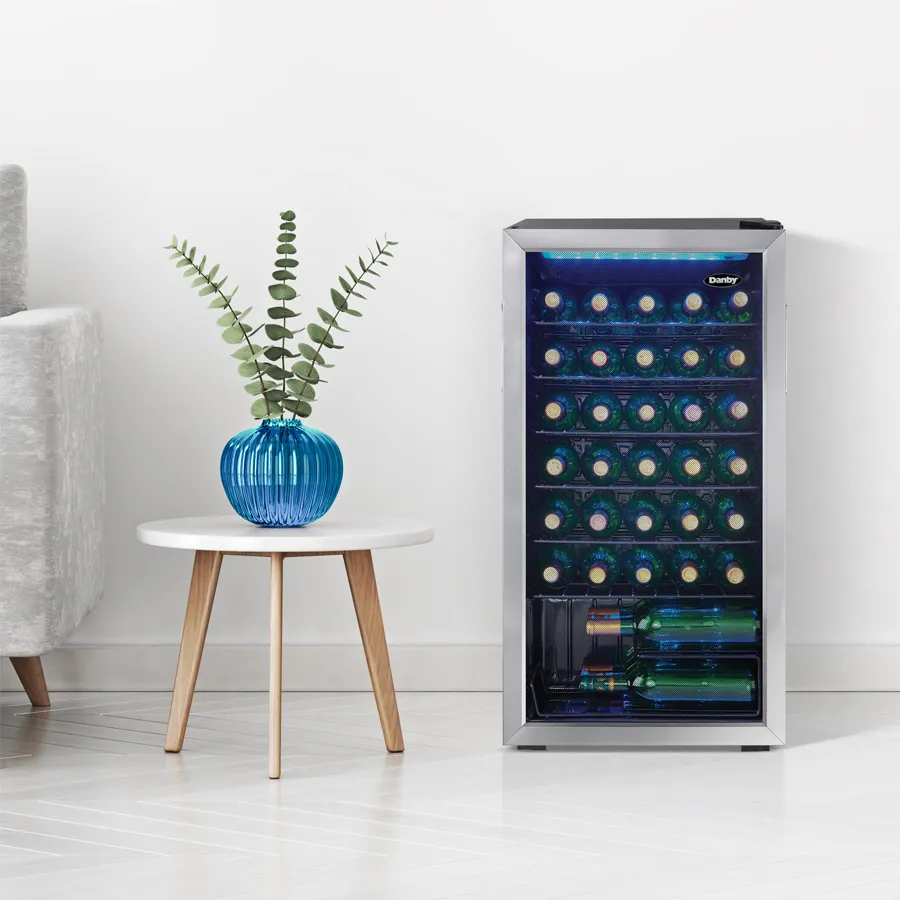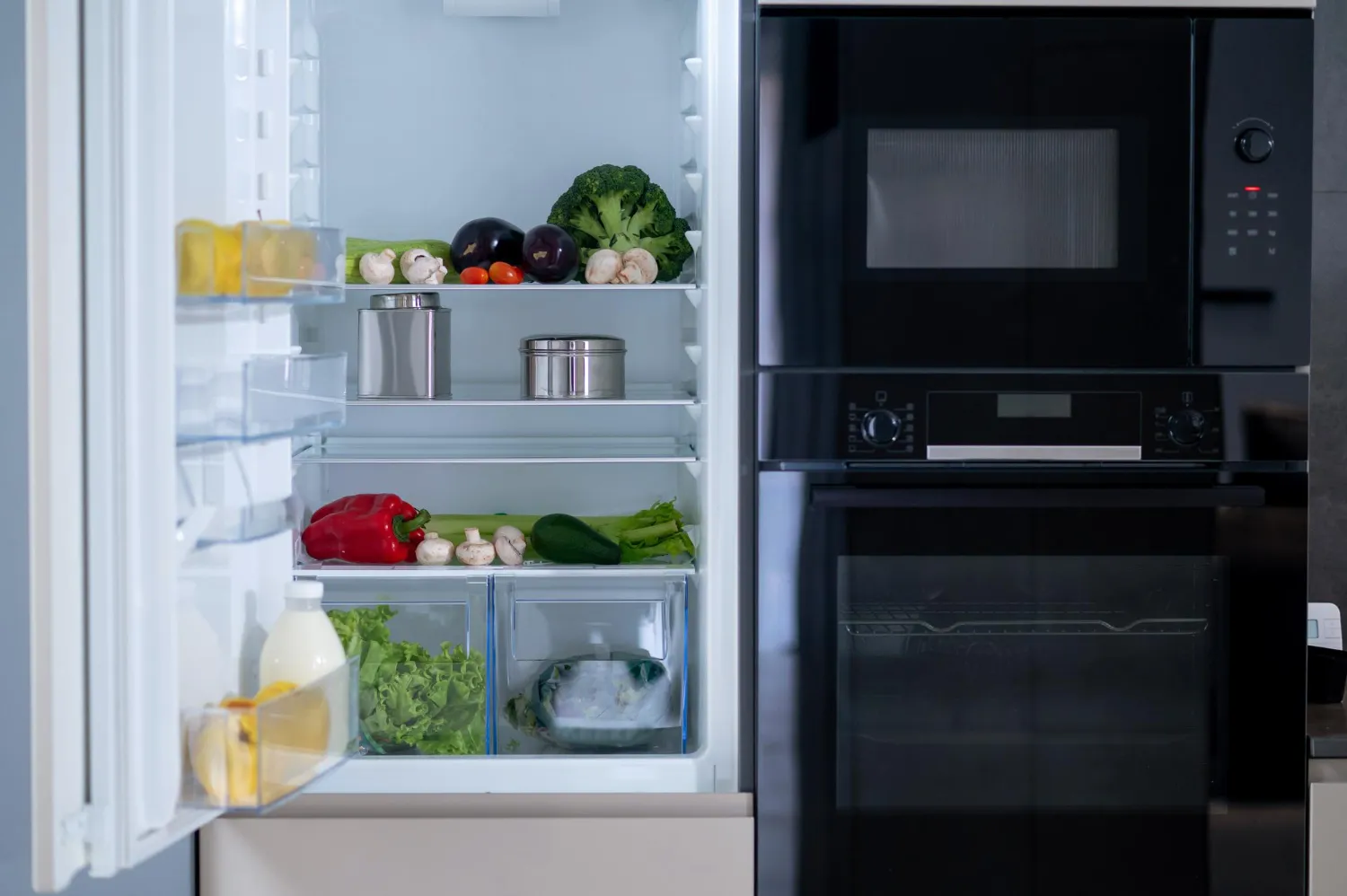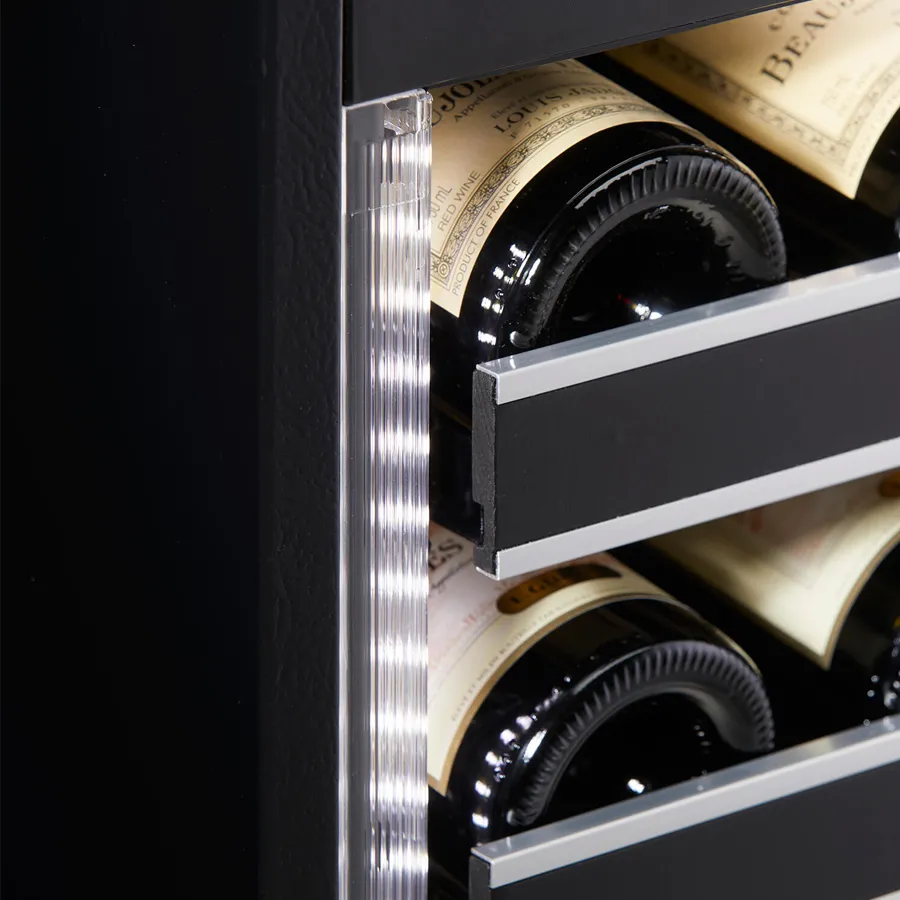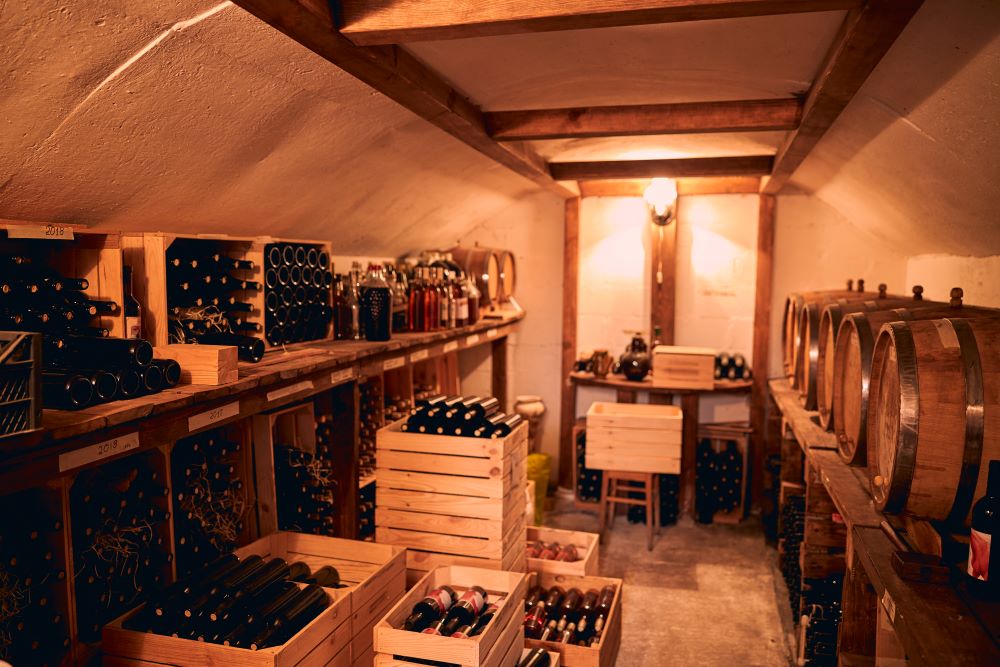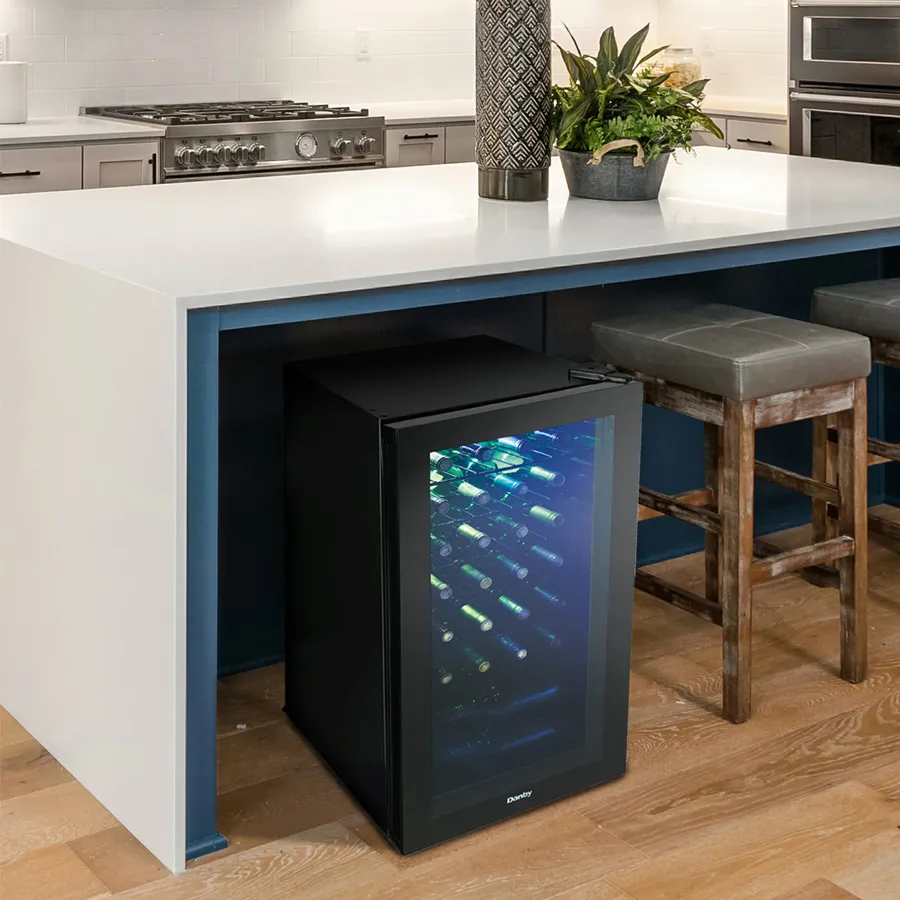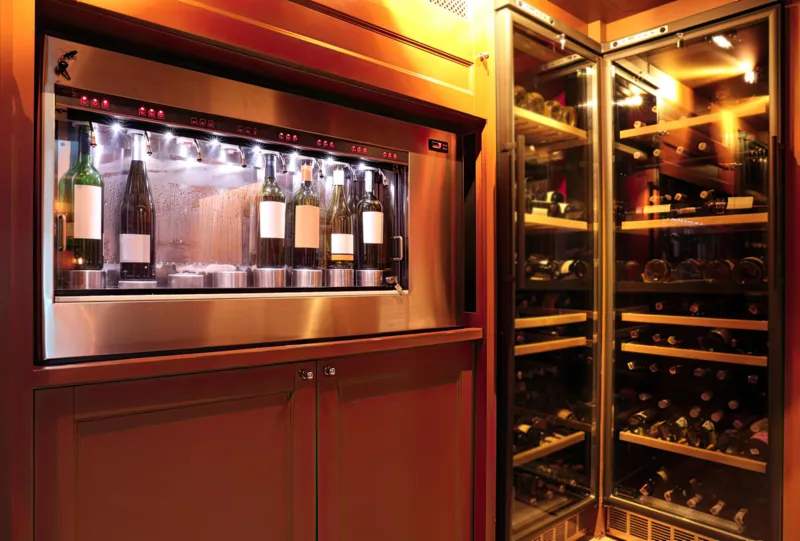Ice makers have become indispensable appliances in various settings, from the intimate confines of our homes to the bustling landscapes of commercial establishments and industrial facilities. As these machines have evolved to meet diverse demands, a crucial aspect of their design has come under scrutiny – the noise they generate.
The Noise Levels Of The Ice Makers
Home Ice Makers: Quiet Operation – (Under 50 dB)
Home ice makers designed for quiet operation prioritize minimizing noise levels. These machines are crafted with insulation and noise reduction features to ensure they operate at decibel levels lower than 50 dB. This level of noise is akin to a hushed conversation or the background noise in a calm room. The goal is to make these ice makers unobtrusive in settings where maintaining a quiet environment is essential, such as in homes, offices, or small cafes.
=> Related Article: 7 RV Camping Appliances That Must Have

Home ice makers with quiet operation minimize noise. These machines have insulation and noise reduction to operate below 50 dB.
Commercial Ice Makers: Moderate Noise – (About 50-70 dB)
Commercial ice makers strike a balance between capacity and noise. With noise levels ranging from 50 to 70 dB, these machines generate sound comparable to a dishwasher, the hum of conversation in a busy restaurant, or the ambient noise found in areas with light traffic. They are well-suited for larger commercial establishments and high-demand environments where a moderate level of noise is acceptable and expected.
=> Related Article: How to Keep Countertop Ice Maker in Good Condition: A Complete Guide

Commercial ice makers balance capacity and noise. These devices make 50–70 dB noise, similar to a dishwasher.
Heavy-duty Ice Machines: Louder Operation – (70 dB or Above)
Heavy-duty or industrial-grade ice machines are designed for robust performance, often at the cost of increased noise levels. These machines can generate sounds exceeding 70 dB, similar to the noise produced by a vacuum cleaner or a bustling street. Due to their larger size and capacity, they are typically employed in industrial settings, large-scale food production facilities, or places where noise considerations are secondary to the machine’s production capabilities. The priority is on efficiency and output rather than maintaining a quiet environment.
=> Related Article: 5 Factors Affect Commercial Ice Maker Power Consumption

Industrial-grade ice machines are built to last but make more noise. These equipment can make sounds over 70 dB, like a vacuum cleaner or a busy roadway.
With commercial and industrial ice makers, it is crucial to consider the balance between noise levels and ice production capabilities. While these ice makers may generate more noise compared to residential models, they are necessary for meeting the high-demand requirements of businesses. Noise-reducing measures such as soundproofing or locating the ice maker in a separate area can help mitigate disturbances in these settings.
Assessing the Impact of Noise on Health and Productivity
Psychological Effects of Noise Pollution
The constant hum of ice makers and other appliances can have a significant impact on our psychological well-being. Excessive noise levels can lead to increased stress, irritability, and anxiety. It can also disrupt our concentration and focus, making it difficult to perform tasks efficiently. In environments where noise pollution is prevalent, such as busy offices or commercial spaces, individuals may experience fatigue and decreased motivation.
Moreover, long-term exposure to high noise levels can contribute to more serious psychological issues like sleep disturbances and even depression. It is imperative to recognize the psychological toll that noise pollution takes on individuals and address strategies to mitigate its effects in various environments.
Physical Health Considerations
The impact of noise pollution extends beyond psychological well-being and can have profound effects on physical health. Assessing the potential health risks associated with prolonged exposure to high noise levels is crucial. Studies have shown that consistent exposure to loud noise can lead to hearing loss and other auditory problems.
Physical health considerations also include an increased risk of cardiovascular diseases such as hypertension and heart disease. Noise-induced hearing loss is irreversible and can have a significant impact on an individual’s quality of life. It is imperative to implement soundproofing measures and noise reduction strategies in environments where noise levels are a concern to safeguard against these physical health risks.
Summing up
From the above comparison, it is evident that noise levels of ice makers can vary greatly depending on their environment. Ice makers in residential settings generally produce lower noise levels compared to those in commercial or industrial settings. Factors such as size, capacity, and design also play a significant role in determining the noise levels. It is crucial to consider these factors when choosing an ice maker to ensure that it fits within the desired noise level requirements of the environment it will be placed in.


